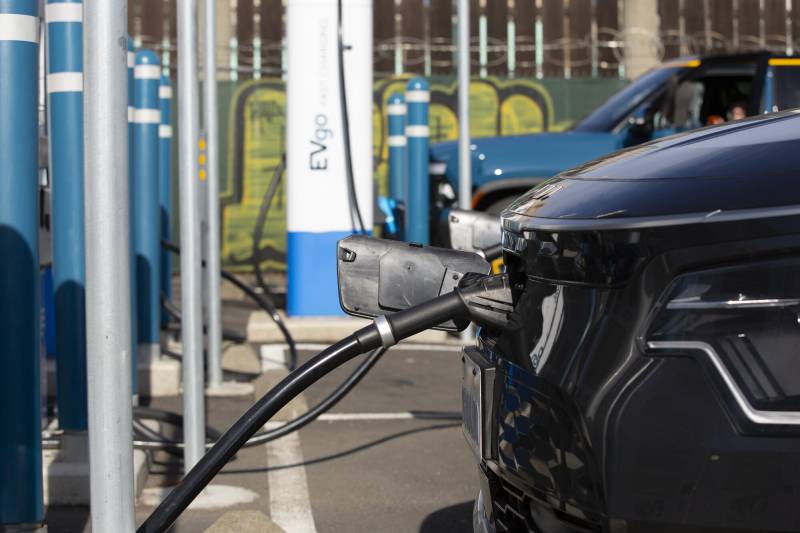Environmental groups have criticized the program for stimulating the production of biofuels, which are derived from sources including plants and animal waste, when they say the state should focus more on supporting power for electric vehicles. They argue the proposal fails to adequately address those concerns.
The oil industry, state lawmakers and others have said the agency hasn’t been transparent about how the proposed updates could increase gas prices.
Agency staff released a cost-benefit analysis last year estimating the initial proposal could have led to an increase in gas prices by 47 cents per gallon by 2025. But the staff has not repeated the analysis since later updating the proposal and the agency contends it cannot accurately predict gas prices.
“If you’re going to ask drivers to pay a lot, which is what this program proposal is going to do, I think you need to be able to make the case that it’s worth paying for,” said Danny Cullenward, a climate economist with the University of Pennsylvania’s Kleinman Center for Energy Policy. “What concerns me most about this is I think a lot of the things that are being credited do not actually help the climate.”
Gas prices could increase by as high as 85 cents per gallon by 2030 and $1.50 per gallon by 2035 under the proposal, according to an estimate from Cullenward. Cullenward said his figures and the estimates initially released by board staff are not an apples-to-apples comparison, in part because his projection uses 2023 dollars and the board staff used 2021 dollars.
State Assemblymember Tom Lackey, a Republican representing Palmdale in Southern California, said at the meeting that his constituents cannot afford an increase in gas prices.
“On behalf of the people of the 34th Assembly District, I ask you to not approve this rulemaking and find other alternatives that won’t cost us quite that much,” he said.
The California Air Resources Board says the program will ultimately lower the cost of sustainable transportation fuels.
The agency first approved the low carbon fuel standard in 2009, the first of its kind in the nation. It is part of California’s overall plan to achieve so-called carbon neutrality by 2045, meaning the state will remove as many carbon emissions from the atmosphere as it emits. The state has passed policies in recent years to phase out the sale of new fossil-fuel powered cars, trucks, trains and lawn mowers.
“The low carbon fuel standard has already successfully created lower-cost, lower-carbon alternatives, and the benefits of the proposal vastly outweigh those costs,” Steven Cliff, the agency’s executive officer, said last month.

